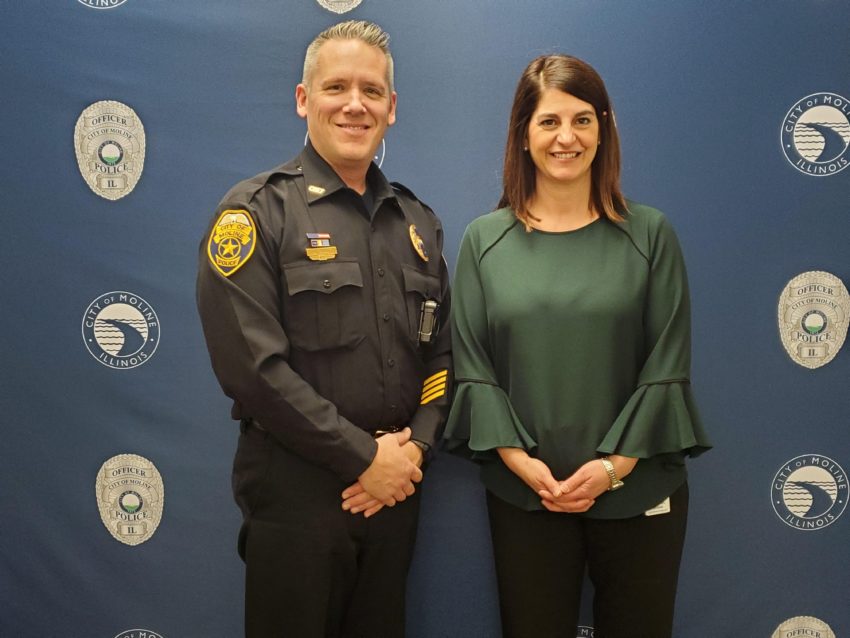Police Chief, Superintendent Start Program to Support Traumatized Kids

Police Chief Darren Gault believes kids deserve more support in avoiding risky behaviors. Gault knows when police officers interact positively with kids inside schools and out, they help kids stay in school and stay away from crime in Moline, Ill. (16.8% Latino). But officers already have so many unfunded mandates on their time. That is why Gault was so excited when he learned about the low-burden, no-cost “Handle With Care” program, which provides positive interactions for kids who experience traumatic events. Gault shared the program with Rachel Savage, superintendent of Moline-Coal Valley School District. Together, Gault and Savage—with help from a Salud America! Action Pack—are launching the Handle With Care. People in Moline Face Stress, Violence Gault and ...
Read More







